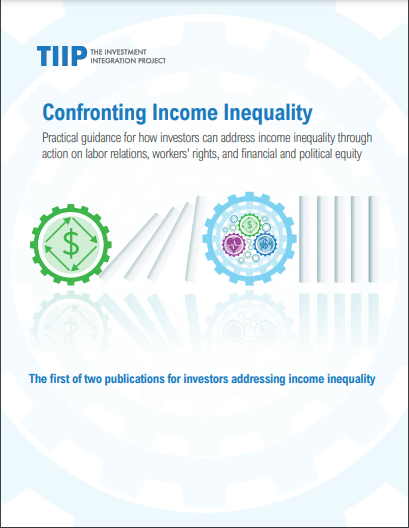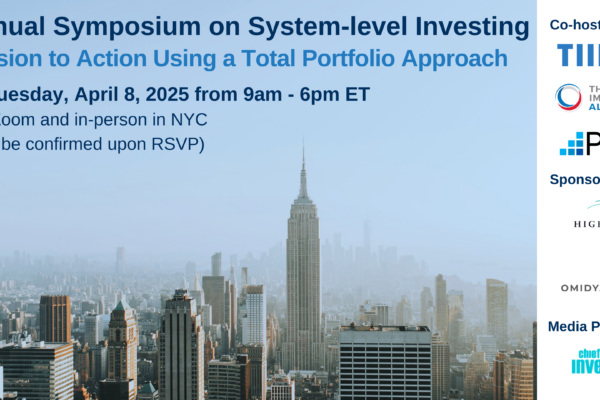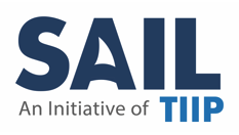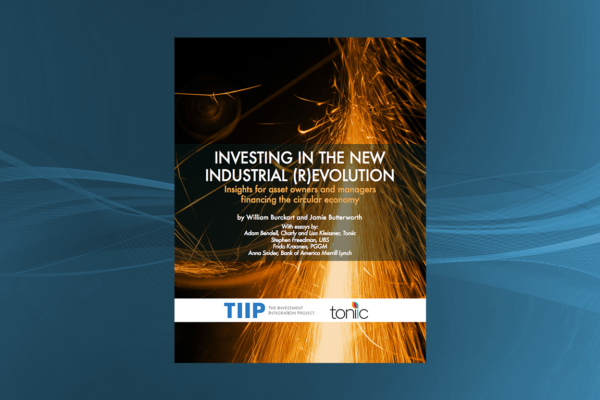 Between 1980 and 2016, the incomes of the world’s richest 1% of people grew twice as much as the poorest 50% of people. As incomes soared for the wealthy, income inequality increased for more than half the countries worldwide. This has drastic impacts on our economic system: When the income share of a country’s wealthiest 20% of people increases by just 1%, GDP growth is 0.08% lower in the subsequent five years, whereas an increase in the income share of a country’s poorest 20% of people is associated with 0.38% higher growth. The wage gap between Black and white Americans accounts for as much as 0.2% in lost GDP each year. By addressing the wage gap between men and women globally, countries would add 0.6% to their GDP annually.
Between 1980 and 2016, the incomes of the world’s richest 1% of people grew twice as much as the poorest 50% of people. As incomes soared for the wealthy, income inequality increased for more than half the countries worldwide. This has drastic impacts on our economic system: When the income share of a country’s wealthiest 20% of people increases by just 1%, GDP growth is 0.08% lower in the subsequent five years, whereas an increase in the income share of a country’s poorest 20% of people is associated with 0.38% higher growth. The wage gap between Black and white Americans accounts for as much as 0.2% in lost GDP each year. By addressing the wage gap between men and women globally, countries would add 0.6% to their GDP annually.
Income inequality is one of the major systemic challenges of our time. Like climate change, it threatens to harm the economy, can lead to political polarization and paralysis, and can disrupt and undercut investors’ opportunities across all asset classes. Investors’ policies and practices can exacerbate income inequality’s impacts or can reduce its scope and hence risks to their long-term goals.
A new report from TIIP applies the principles of systems-level investing to show how investors can confront income inequality and take actions that enhance their current policies and practices. Some recommendations include:
- Support calls for fair compensation and a living wage;
- Support efforts to ensure that corporations take appropriate responsibility for practices in their supply chains;
- Join in setting voluntary standards and inform the creation of governmentally mandated standards; and
- Endorse corporate governance policies that prioritize the representation of women and underrepresented groups on corporate boards and top management.
The report applies the principles and approaches outlined in 21st Century Investing: Redirecting Financial Strategies to Drive Systems Change. The book shows how system-level investors support and enhance the health and stability of the social, financial, and environmental systems on which they depend for long-term returns.
Join us on June 22, 2021 at 12pm EDT to learn more about why investors should care about income inequality and what they can do about it.
Register today and download the full report.



